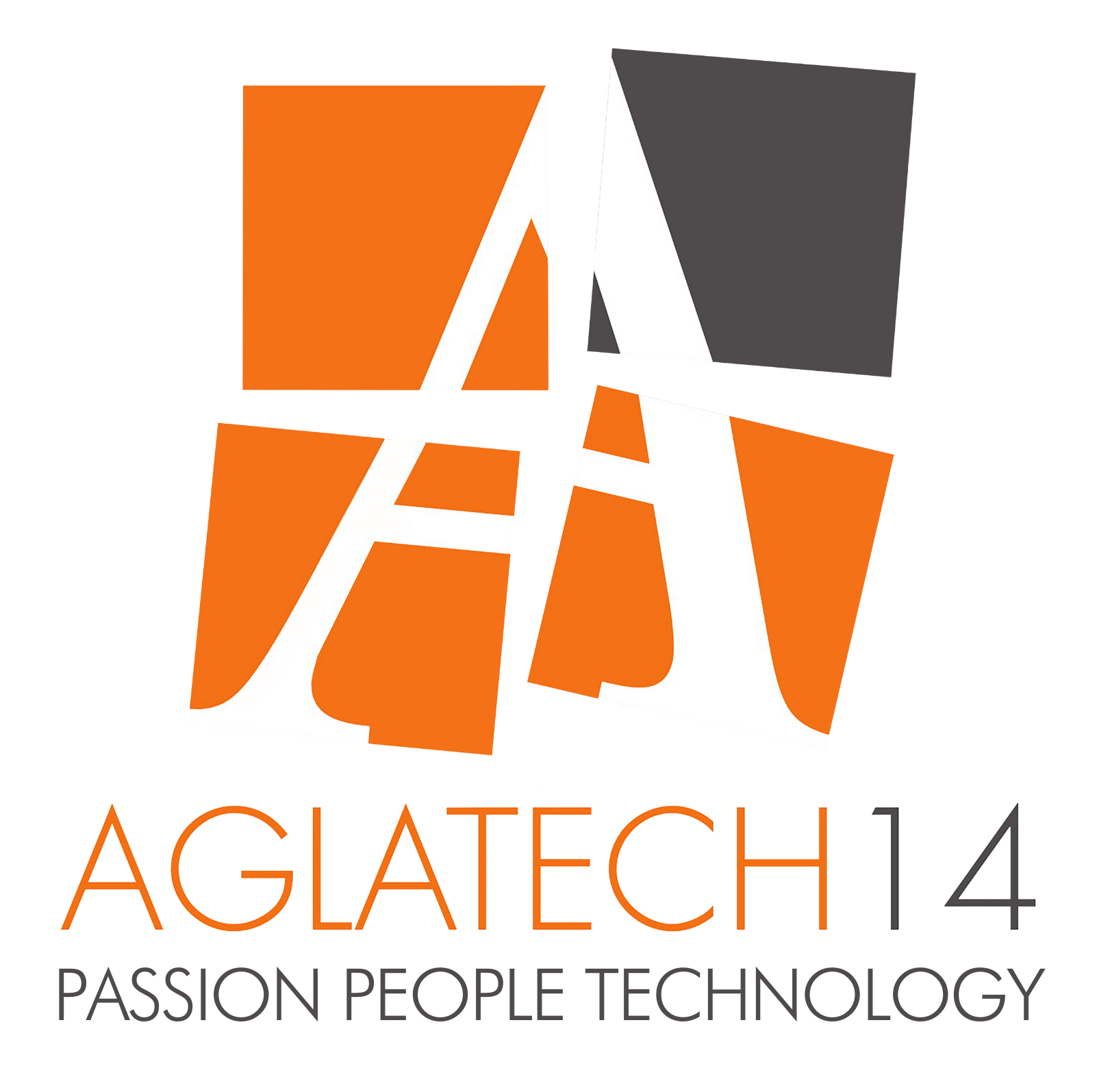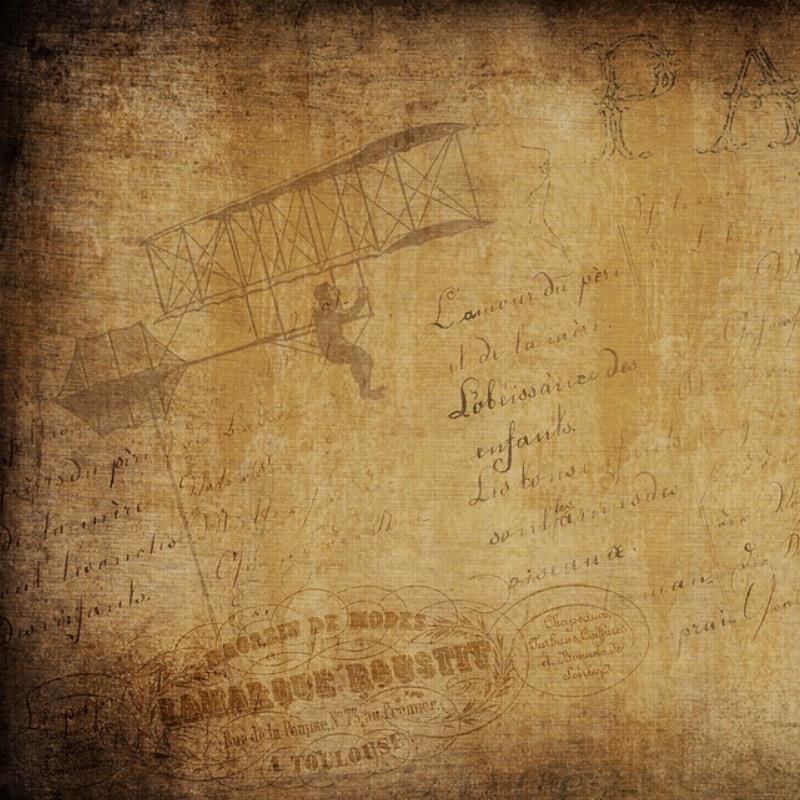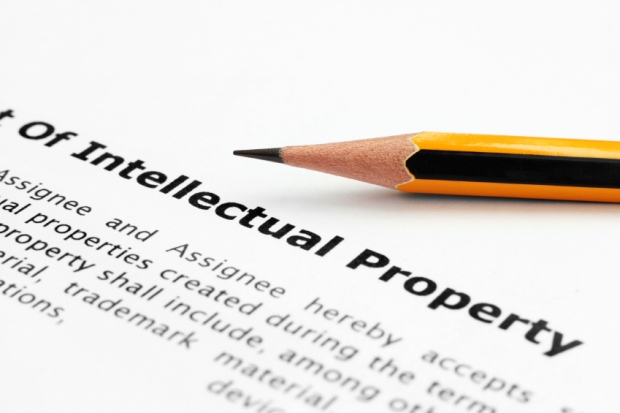Sworn and legalised translations
Sworn translations
Sworn translations confer validity on a translation by means of an oath taken before a Court Registrar.
For example, a sworn translation may be a document, not necessarily of a legal nature, drafted in a foreign language to be submitted to an Italian authority. A sworn translation confers validity on the translated document by attesting to the fact that it is faithful to the original source text.
Who can swear a translation?
A translation is sworn before a Court, Justice of the Peace or Notary by the linguist who translated it. By signing the Oath, which in the case of a Court is countersigned by the Registrar, the translator accepts all civil and criminal liability for that translation.
In Italy, the Court decides which translators can perform sworn translations (e.g. those enrolled in the register of court-appointed experts, Chamber-of-Commerce experts in the translators/interpreters category, or members of Professional Associations of Translators and Interpreters).
Legalised translations
When a legal translation is to be sent abroad, a further step is required after swearing: the Registrar’s signature needs to be legalised by the Public Prosecutor’s Office.
Legalisation applies to deeds drawn up in Italy to be submitted to foreign authorities and certifies the legal status of the person who signed the deed, as well as the authenticity of his or her signature.
Our legalisation service validates the qualification of the public official who signed a deed and certifies the signature of the Registrar or Notary who countersigned the translator’s oath.
Translation with Apostille
If the translated document is to be sent to one of the states that signed the Hague Convention of 5/10/1961, a simplified legalisation, known as an Apostille, is required.
A translation with Apostille only requires a special, recognisable stamp, attesting to the authenticity of the document and the quality of the issuing authority, and does not need to go through the Consulate.
For countries not party to the Hague Convention, however, a double legalisation process is required: the first at the Public Prosecutor’s Office, and the second at the country’s Consulate in Italy.
By drawing on our long-standing experience in legal translations and our cooperation with specialised legal translators around the world, we can provide these services in Italy and abroad and, in general, support you with all your translation needs in the legal sector.
More on sworn and legalised translations
Do you need a sworn or legalised translation?
Fill in the form to receive more information.













